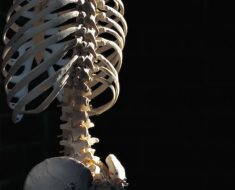(HealthDay)—Long-term mortality after congenital heart surgery is higher than that of the general population for all forms of congenital heart defects (CHDs), according to a study published in the May 29 issue of the Journal of the American College of Cardiology.
Logan G. Spector, Ph.D., from the University of Minnesota in Minneapolis, and colleagues used data from the Pediatric Cardiac Care Consortium registry of pediatric cardiac surgery to conduct survival analysis among 35,998 patients who survived their first congenital heart surgery at <21 years of age. Their survival was compared with that of the general population using standardized mortality ratios (SMRs).
The researchers found that over a median follow-up of 18 years, 3,191 deaths occurred, with an overall SMR of 8.3. The 15-year SMR decreased from 12.7 in the early era (1982 to 1992) to 10 in the late era (1998 to 2003). Even for mild forms of CHD, SMR remained elevated (patent ductus arteriosus, SMR 4.5; atrial septal defects, SMR 4.9). SMR decreased the most for patients with transposition of great arteries (early: 11 versus late: 3.8), complete atrioventricular canal (31.3 versus 15.3), and single ventricle (53.7 versus 31.3).
“Survival has improved over time, particularly for severe defects with significant changes in their management strategy, but still lags behind the general population,” the authors write.
Source: Read Full Article





